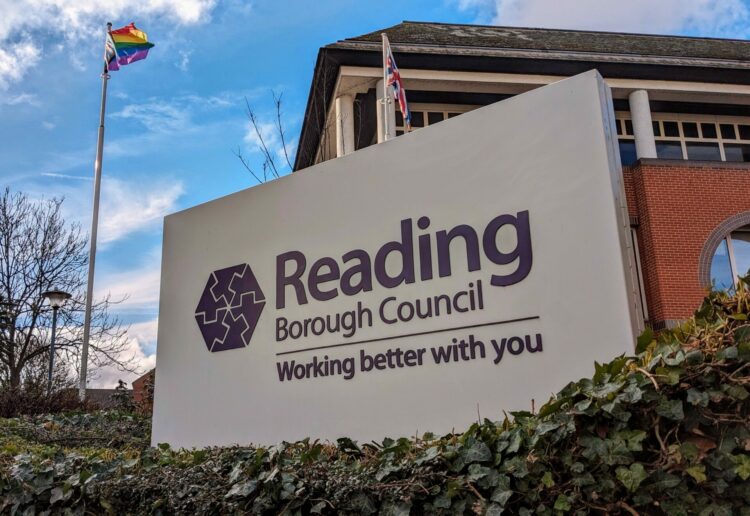READING Borough Council has said that rising demand for essential services are continuing to add to financial pressures.
Two separate reports have outlined the financial challenges as more people in Reading turn to the council for support, ahead of the provisional Local Government Finance Settlement later this month.
The settlement lays out how much funding councils will receive from government, with RBC set to finalise their own budget in February.
Budget projections from the council predict £5.7 million in additional children’s social care pressures, due, the council explains, to increased costs of looking after vulnerable children and young people, many of which are presenting with more complex needs.
It also predicts £1.2 million needed to tackle homelessness pressures, with 174 individuals or families currently in need of emergency accommodation, compared to 71 in April 2022.
It outlines £1.4 million in pressures in adult social care, due to the increased cost of care packages and more vulnerable people requiring support, following a 4% year-on-year increase in the number of residents needing support.
These contribute to an increase in demand for Council services is driving a projected funding gap of £6.4 million for next year, jumping to a projected £15.6 million by 2027/28.
Programmes are also on-going in both adults and children’s social care, focused on managing demand and reducing costs.
In adult social care services, these include using technology to enable people to remain at home for longer; intensive occupational health support for people being discharged from hospital, allowing them to regain their independence more quickly; and investing in new in-house accommodation and day services for residents with learning disabilities.
Brighter Futures for Children’s transformation plan includes joining a regional fostering hub to increase the number of foster carer placements, which reduces the need for expensive accommodation; examining options to build Council children’s homes, reducing the need for expensive accommodation; and increasing SEND places in-borough to reduce expensive home to school transport costs.
A series of management actions have also been implemented internally to manage expenditure, including a cross-council hold on filling non-essential posts, greater management oversight of all non-essential spend, and a reduction in agency spend by limiting it to essential roles only.
The council’s draft Medium Term Financial Strategy will be discussed at a meeting of the Policy Committee on Wednesday, December 18.
Councillor Liz Terry, Reading Borough Council Leader, said: “The impact on council budgets everywhere caused by the rise in demand for services is not new, but the culmination of this trend over several years means many councils now find themselves in the same position, particularly those in areas where need is highest.
“An unprecedented 18 councils were given exceptional financial support (EFS) from Central Government in February to help meet their legal duty to balance their books this year.”
She explained: “In Reading, local demands mirror those seen at other councils, whether that is the spiralling cost of looking after vulnerable children, more older people now coming through the system post-Covid, or the cost of providing emergency accommodation, exacerbated by a lack of affordable housing, high local rental costs and the high cost-of-living.
“There are positive signs that the new Government is listening to local authorities–there have been welcome announcements on clamping down on blatant profiteering by private companies at the expense of local councils.
“Particularly those who provide placements for vulnerable children, increasing the number of affordable homes, a fairer funding system which directs limited money to the areas with the highest need, and providing councils with multi-year settlements, which would allow us to plan for more than just one year at a time.
“The fear, however, is that it won’t be enough–the financial resilience of local authorities has been eroded over a number of years, with 14 years of austerity and shortsighted cutbacks to preventative services combining with the high cost-of-living, which means more people now turn to their local council for help.
“It can be easy to talk about these pressures in terms of pounds, but I don’t forget the individuals behind the numbers, and it is the job of local councils to support their vulnerable residents.
“We do not shy away from this responsibility, but the reality is further difficult decisions are on the more immediate horizon before the impact of new Government policies can take effect.”
Following the meeting of Policy Committee next week, a public consultation on the budget is set to launch on December 19.























